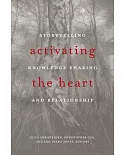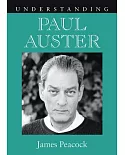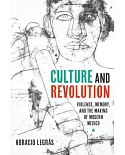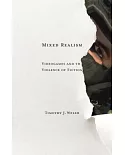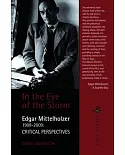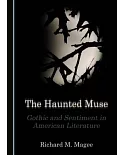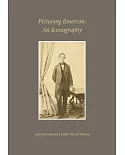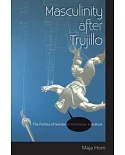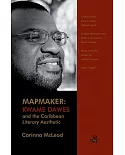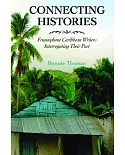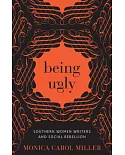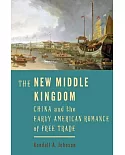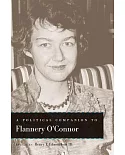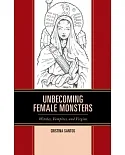A Kind of Intimacy is a sardonic look at self-help gone disastrously wrong. In Annie Fairhurst's world, the past can never loosen its grip on the present, and the persistent exhortation to
better oneself and one's lot in life urges her, time and time again, to embark on thoroughly terrifying journeys.
Annie is obese, socially awkward. yet determined to escape a difficult past and to start over. She moves into a new neighborhood, bringing virtually nothing from her previous life with
her.
Then again, there is very little left of her previous life to bring. She has literally wiped the slate clean, having disposed of both her husband and their daughter.
Neil, Annie's unsuspecting new neighbor, makes the mistake of being friendly---Which Annie immediately interprets as infatuation---setting in motion a chain of events that has Annie
contemplating yet another murder. Despite her penchant for murder, Annie is convinced that she is the one to whom life has dealt a foul hand, that she is the real victim. As the persona she has
so meticulously created begins to crumble a bloody and disastrous finale seems inevitable chosen by the UK's leading
bookseller as one of twelve "New Voices" for 2009, studied English at Cambridge University and Creative Writing at Manchester. She works as the Head Librarian in a prison. In 2006, an extract
from A Kind of Intimacy was shortlisted in a national competition entitled "The Enigma of Personality"
An indispensable resource for readers, students, and scholars of Native literatures in North America, Native Authenticity offers a clear, comprehensive, and systematic look at the diversity of
critical approaches to the idea of "Indian-ness." Some of the fore-most transatlantic scholars of Native studies in North America and Europe share their insights on this highly charged aspect
of the contemporary theoretical field of Native studies. The issue of "authenticity" of "Indian-ness" generates a controversial debate in studies of indigenous American literatures. The
articulation of Native identity through the prism of Euro-American attempts to confine "Indian" groups to essentialized spaces is resisted by some Native writers, while others recognize a need
for essentialist categories as a key strategy in the struggle for social justice and perpetually renewed sense of Native sovereignty. Pressure from neocolonial essentializing practices is in
conflict with a politics of cultural sovereignty, which demands a notion of "Indian" essence or "authenticity" as a foundation for community values, heritage, and social justice.
Contributors participate in a scholarly and pedagogical search for an intellectual paradigm for Native literary studies that is apart from, yet cognizant with, powerful colonial legacies. The
complex politics of Polynesian authenticity versus Native indigeneity is engaged by Native Hawaiian writers as they negotiate conflicting demands upon personal and tribal identities. Related to
this questioning is the authenticity debate in Canadian First Nation writing, where the claim to authenticity rests upon a claim to historical precedence, also related is the highly contentious
claim by some Chicano/a writers to an indigenous heritage as a claim to authority and "American" authenticity. Essays in this volume are focused upon the diverse an sophisticated responses of
Native writers and scholars, while offering comparative perspectives on Native Hawaiian, Chicano, and Canadian literatures.


